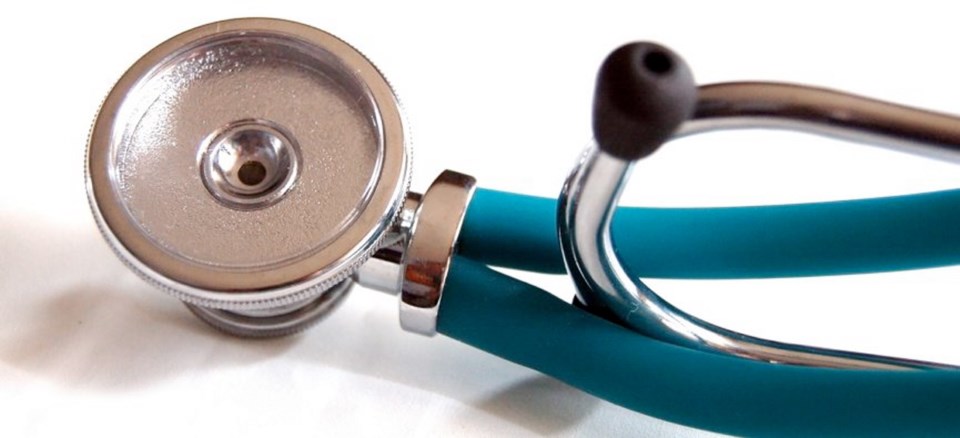I hope my columns during 2017 have helped readers live longer and healthier. So which of the following are true or false?
1. There’s evidence that regular activity lowers the risk of dementia. Also a suggestion that high daily doses of vitamin C can decrease the risk of Alzheimer’s disease.
2. Researchers at the Harvard Medical School report the magical ingredient in fish to decrease the risk of heart disease is omega-3 fatty acids, which, like Aspirin, add oil to the blood, making it less likely to clot.
3. The survival rate with cancer of the prostate has little to do with the type of treatment. Rather, it’s related to the biological nature of the malignancy. Some cancers are pussycats, others raging tigers.
4. Dr. James Levine at the Mayo Clinic discovered why some people are thin and others obese. His magic underwear proved that obese people move two-and-half hours less per day. It means they burn 350 fewer calories every day that is stored as fat.
5. Every year, 700,000 people in the U.S. are seen in emergency departments due to constipation, caused by a lack of fibre in their diets.
6. Vitamin K2+A+D help heart and bone health. K2 directs calcium to bones, where it belongs, not in arteries, where is can cause trouble.
7. Anisekonia affects 400 million people, causing headaches, double vision, eye strain and an inability to appreciate 3-D images.
8. Wealth and power are no guarantee against surgical complications. Sir Anthony Eden, prime minister of England, had injury to the common bile duct during gallbladder surgery. It eventually killed him.
9. A report in the Lancet claims that every year, 80,000 children and youth are affected by strokes. In adults, stroke is involved in one in every 20 deaths.
10. Studies show that 67 per cent of men buying shirts end up with collars smaller than the size of their necks. The increased pressure on the jugular vein raises pressure in the eyes, and is a risk factor for glaucoma due to injury of the optic nerve.
11. The worst way to treat concussion is to quickly prescribe 100,000 milligrams of vitamin C intravenously to decrease the risk of inflammation and brain damage.
12. Today, 40 per cent of those over age 65 are taking cholesterol-lowering drugs. These drugs lower blood cholesterol, and have no effect on the liver, brain or kidneys.
13. Researcher Dr. George Church at the Harvard Medical School says his studies show that it’s impossible to increase human life beyond 120 years of age.
14. Swimming pools become contaminated due to a lack of chlorine, rather than from fecal material and humans peeing in pools.
15. Keyhole surgery is a new way to perform many operations. This involves a tiny incision, less postoperative pain, quicker healing, better vision for surgeons and is easier to perform than using large abdominal incisions. It also means fewer complications.
16. A transient ischemic attack (TIA) is associated with a sudden temporary loss of vision and numbness of the face or arms. It’s rarely the prelude to a major stroke, so there’s no need to see your doctor or go to emergency.
17. It’s a popular myth that every year, 100,000 North Americans die from prescription drugs. Thousands more lose their lives from over-the-counter medication. And hospitals are the third leading cause of death in the U.S.
18. Coronary arteries of both sexes are the same size. Consequently, it’s as easy for a surgeon to perform a bypass operation in women as in men.
19. Patients, following a heart attack, are often prescribed cholesterol-lowering-drugs to prevent a second coronary event. These drugs have no effect on the manufacture of coenzyme Q10 by the liver.
20. Acute Mountain Sickness is a problem that travellers encounter in high altitudes, and affects 25 per cent who journey to the Rockies. Taking a daily tablet of Neo40 for two weeks before the trip that dilates arteries has no effect on this problem.
Note from W. Gifford-Jones: The first 10 are correct, the last 10 are false.
Online; docgiff.com. For comments; [email protected].

